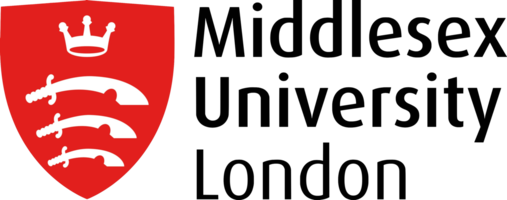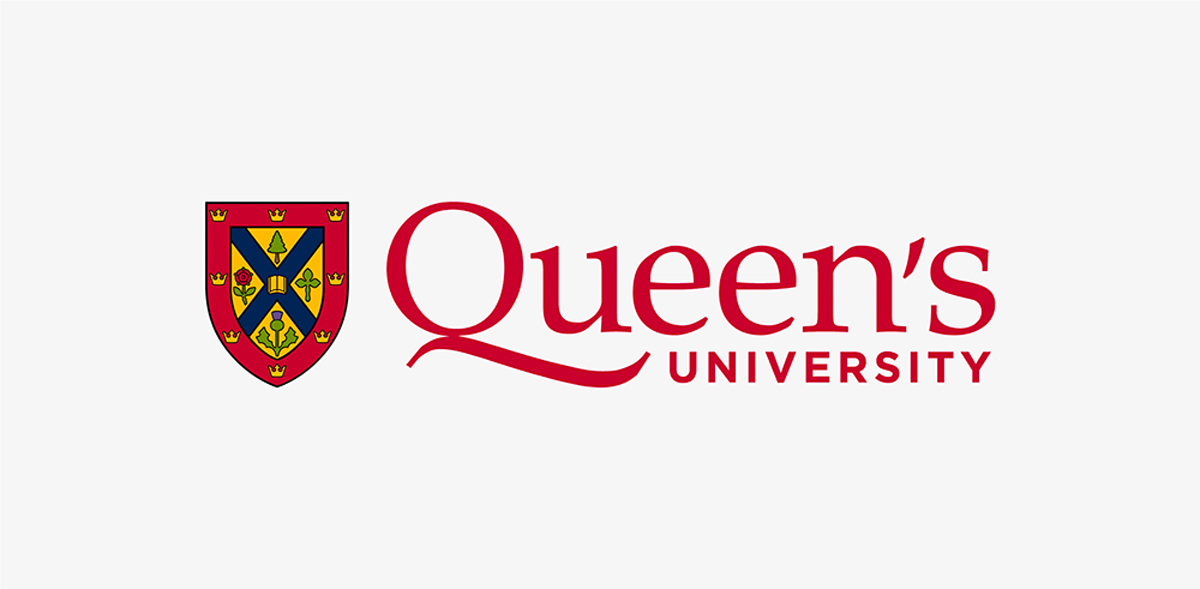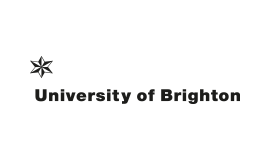Studying Cardiology Abroad: A Gateway to Advanced Medical Expertise
Cardiology, the branch of medicine focused on diagnosing and treating heart and blood vessel disorders, is one of the most sought-after specializations worldwide. For Indian students aspiring to become cardiologists, studying abroad offers unparalleled opportunities for cutting-edge education, hands-on training, and global career prospects. This page explores everything you need to know about pursuing a Cardiology course abroad, from program details to application tips tailored for students from India.
Why Choose Cardiology as Your Specialization?
The human heart is a marvel of engineering, beating tirelessly to sustain life. Cardiology addresses critical conditions like coronary artery disease, heart failure, arrhythmias, and congenital heart defects. With rising lifestyle diseases and an aging global population, demand for skilled cardiologists is skyrocketing.
- High Impact on Healthcare: Cardiologists save lives daily, performing procedures like angioplasties, pacemaker insertions, and valve replacements.
- Lucrative Career: In countries like the US, UK, and Australia, cardiologists earn average salaries exceeding $400,000 annually, far surpassing many other medical fields.
- Research Opportunities: Abroad, you'll engage in innovative research on topics like regenerative cardiology and AI-driven diagnostics.
- Global Mobility: An international degree enhances your credentials, allowing practice in India or abroad after necessary certifications.
For Indian students, studying cardiology abroad means accessing world-class facilities unavailable in many local institutions, bridging the gap between theoretical knowledge and practical expertise.
Top Destinations for Studying Cardiology Abroad
Indian students often prefer destinations with strong medical ecosystems, English-medium instruction, and post-study work visas. Here's a comparison of popular countries:
| Country | Top Universities | Duration | Average Tuition (INR per year) | Key Benefits for Indians |
|---|---|---|---|---|
| USA | Harvard Medical School, Johns Hopkins University | 3-4 years (Fellowship post-MBBS) | 40-60 lakhs | Advanced research labs; Optional Practical Training (OPT) visa |
| UK | University of Oxford, Imperial College London | 3 years (MSc/PhD in Cardiology) | 25-40 lakhs | NHS exposure; Graduate Route visa for 2 years work |
| Australia | University of Sydney, Monash University | 3-4 years | 30-45 lakhs | High-quality simulations; Post-Study Work Visa up to 4 years |
| Canada | University of Toronto, McGill University | 3 years | 25-35 lakhs | Affordable living; Pathways to permanent residency |
| Germany | Heidelberg University, Charité – Universitätsmedizin Berlin | 3-5 years | 5-15 lakhs (low tuition) | Free or low-cost education; EU-wide recognition |
These countries welcome Indian students with scholarships and support services, making cardiology programs accessible despite initial costs.
Eligibility and Admission Requirements
To pursue cardiology abroad, Indian students typically need an MBBS degree from a recognized Indian university, followed by a postgraduate entrance exam. Here's a step-by-step guide:
- Academic Qualifications: MBBS with at least 60% marks; completion of a 1-year internship.
- Entrance Exams:
- USMLE (for USA)
- PLAB (for UK)
- MCAT or equivalent (for Canada/Australia)
- NEET-PG scores may help for initial screening.
- English Proficiency: IELTS (6.5+ overall) or TOEFL (90+); some universities waive this for Indian MBBS graduates.
- Documents Needed: Transcripts, Letters of Recommendation (LORs from professors/doctors), Statement of Purpose (SOP) highlighting your passion for cardiology, CV, and passport.
- Application Deadlines: Vary by university; apply 6-12 months in advance via portals like UCAS (UK) or AMCAS (USA).
Tip for Indian Students: Many programs require MCI/NMC registration. Start preparing for exams early—coaching centers in India like those for USMLE are widely available.
Curriculum and Course Structure
Cardiology programs abroad emphasize a blend of theoretical learning, clinical rotations, and research. A typical 3-year MD or MSc in Cardiology includes:
Core Modules
- Cardiovascular Physiology and Pathology: In-depth study of heart anatomy, electrophysiology, and disease mechanisms.
- Diagnostic Techniques: ECG interpretation, echocardiography, stress testing, and cardiac MRI/CT.
- Interventional Cardiology: Hands-on training in catheterization labs for stents and ablations.
- Preventive Cardiology: Lifestyle interventions, risk factor management, and public health aspects.
- Elective Specializations: Pediatric cardiology, electrophysiology, or heart transplant surgery.
Practical Components
Expect 60-70% clinical exposure in affiliated hospitals. For instance, at Johns Hopkins, students participate in multidisciplinary teams treating real patients under supervision. Research projects often involve publishing in journals like The Lancet or Circulation.
Assessment: Continuous evaluations through exams, case presentations, OSCEs (Objective Structured Clinical Examinations), and a final thesis.
Career Prospects After Studying Cardiology Abroad
Graduating with a cardiology degree from abroad opens doors to diverse roles. Indian students can return home or stay abroad, leveraging their international training.
- Hospital Positions: Consultant cardiologist in private hospitals like Apollo or Fortis (India) or Mayo Clinic (USA).
- Research and Academia: Join institutions like AIIMS or pursue PhDs for roles in drug development.
- Private Practice: Set up clinics focusing on non-invasive cardiology, with earnings up to ₹50 lakhs/year in India.
- Global Opportunities: Work in the Middle East (high salaries, tax-free) or Europe after passing local licensing exams.
Salary Snapshot:
| Region | Average Starting Salary (INR) |
|---|---|
| India | 20-40 lakhs |
| USA/UK | 80 lakhs+ (post-residency) |
| Australia/Canada | 60-80 lakhs |
With India's growing cardiac care needs (over 50 million heart patients), returning graduates are in high demand, often qualifying for faculty positions in medical colleges.
Scholarships and Financial Aid for Indian Students
Studying abroad can be expensive, but scholarships ease the burden. Key options include:
- Commonwealth Scholarships (UK/Australia): Covers tuition and living costs for meritorious Indian students.
- Fulbright-Nehru (USA): Full funding for master's/fellowships in medical fields.
- DAAD Scholarships (Germany): Up to €1,200/month stipend plus tuition waiver.
- University-Specific Aid: Harvard offers need-based grants; University of Toronto has international student bursaries.
- Indian Government Schemes: ICCR scholarships or education loans from SBI with low interest for abroad studies.
Apply early—deadlines align with university admissions. Part-time jobs (20 hours/week on student visas) can cover living expenses, estimated at ₹10-15 lakhs/year.
Visa Process and Application Tips
Securing a student visa is straightforward for Indian applicants with complete documentation.
- University Acceptance: Get an unconditional offer letter.
- Visa Application: F-1 (USA), Tier 4 (UK), Subclass 500 (Australia). Submit online via official portals.
- Required Docs: Passport, financial proofs (bank statements showing 1-year funds), health insurance, and TB test for some countries.
- Interview Prep: Be ready to discuss your study plans and ties to India to prove intent to return.
- Processing Time: 4-12 weeks; apply 3 months before course start.
Pro Tip: Use services like VFS Global for biometric appointments in India. Post-study, explore work visas—many countries prioritize STEM fields like medicine.
Student Life and Support for Indian Students Abroad
Adjusting to life abroad can be exciting yet challenging. Universities provide robust support:
- Indian Student Associations: At Oxford or Sydney, join groups for Diwali celebrations and cultural events.
- Mental Health Resources: Free counseling to handle homesickness or academic stress.
- Accommodation: On-campus dorms (₹5-10 lakhs/year) with Indian meal options.
- Career Services: Resume workshops, interview prep, and alumni networks connecting you to Indian doctors abroad.
Success Story: Dr. Priya Sharma, an Indian alumna of Imperial College London, now leads a cardiology unit in Mumbai, crediting her abroad training for advanced skills in minimally invasive procedures.
Embarking on a cardiology journey abroad is an investment in your future. With dedication, you'll not only master heart health but also contribute to global and Indian healthcare advancements. Start your application today and take the first step toward a rewarding career!



